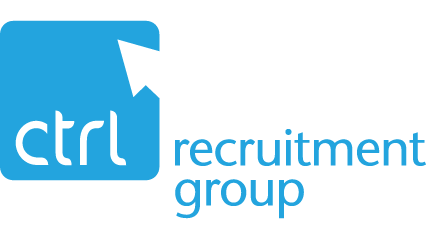
Why Talk is Cheap and Acquiring Talent Shouldn’t Be….
For a while now, I’ve had an issue with investment in talent acquisition. A subject worthy of debate I feel. So to the CEO’s of the world, I have some questions;
- Do you agree that low supply and high demand of an asset drives up the acquisition price?
- Do you agree that if the low supply, high demand asset is valuable to you, you invest more in ensuring you acquire that asset?
- If talent is in short supply and high demand, and is genuinely your most valuable asset, does your investment in talent acquisition support this view?
20 years as a recruitment services provider has shown that purchasing decisions for highly valuable, low supply, high demand talent are often driven by price. Ask any in-house resourcing function whether as talent supply tightens their budgets increase, they’ll just laugh at you. Yet interestingly, Executive Search firms haven’t swapped Fortnum & Mason’s for the value aisle at Aldi. They still command premium fees to acquire top of the pyramid talent, whilst lower down the organisation talent acquisition strategies focus on developing automation, reducing headcount, maximising efficiency and reducing cost. The average search fee for a C-suite hire is likely to be equivalent to the fees generated by hiring 200+ call centre agents. So maybe the mantra that “talent is my most important asset” should be modified to “some of my talent is my most important asset”?
Hiring at exec level is concierge. It’s personalised, targeted and people-driven. Because it’s cash rich. Lower down the organisation, reduced investment creates the imperative to recreate concierge, personalised, targeted, people-driven through technology. And not because the talent is screaming out for recruiters to be replaced by tech. Some will retort that adding tech allows recruiters to focus on “higher value” elements of the recruiting process. It’ll be interesting to see how those recruiters respond when continued poor investment drives tech development to pick up the “higher value” tasks as well.
Because that is the endgame here. The drive to reduce investment in talent acquisition drives technology development that removes humans from recruitment. Good recruiters take people on life-changing journeys. Handing that journey over to a machine because there’s not enough money to treat the new cleaner to a similar personalised approach as the new CEO is indicative of the value attached to these roles. But if the cleaner didn’t get hired and the CEO can’t get to their desk because of the piles of rubbish, I wonder how long it would take for the perception of value to change?
Continued failure to invest in the acquisition of valued talent has only one outcome. If you pay peanuts…well, you know the rest….
Credit – Mark Lee – link to original LinkedIn post here


